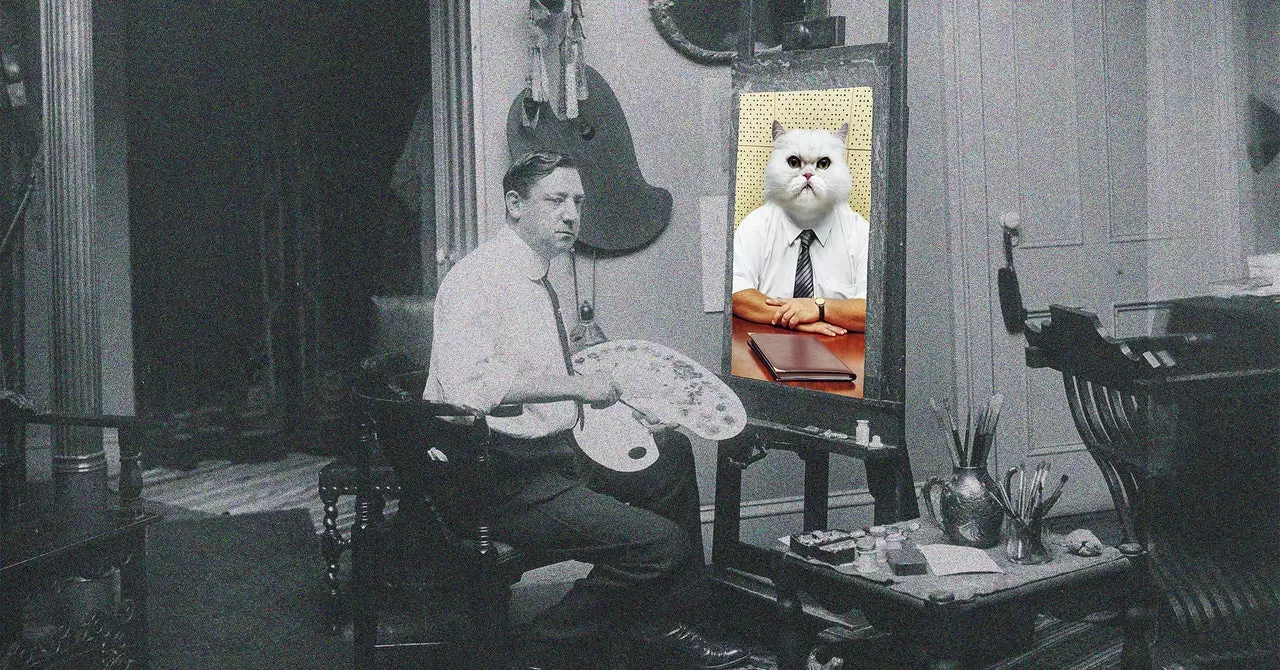The backlash against image and video synthesis is not solely focused on creative app developers. Hardware manufacturer Wacom and game publisher Wizards of the Coast have faced criticism and issued apologies after using AI-generated content in their marketing materials. Toys “R” Us also faced a negative reaction after debuting an AI-generated commercial. Companies are still grappling with balancing the potential benefits of generative AI with the ethical concerns it raises.
So far, Procreate’s anti-AI announcement has been met with a largely positive reaction in replies to its social media post. In a widely liked comment, artist Freya Holmér expressed gratitude, saying “This is very appreciated, thank you.” Some of the more outspoken opponents of image synthesis also replied favorably to Procreate’s move. Karla Ortiz, who is a plaintiff in a lawsuit against AI image-generator companies, applauded Procreate’s decision and offered support for the company’s stance on human-centric creativity. Artist R. J. Palmer, known for sparking the initial wave of AI art backlash, also commended Procreate for its message.
Pro-AI Users’ Perspective
Despite the majority of positive responses, a few pro-AI users also shared their opinions on Procreate’s stance. AI-augmented artist Claire Silver highlighted the role of AI as an accessibility tool, enabling more people to create art. She pointed out that Procreate has been instrumental in combining AI technology with traditional skills, allowing for more inclusive creativity. The diverse perspectives in the responses to Procreate’s announcement reflect the ongoing debate surrounding the use of generative AI in the artistic community.
Since AI image synthesis continues to be a highly charged subject among some artists, reaffirming support for human-centric creativity could be an effective differentiated marketing move for Procreate. The company, currently positioned as an underdog to creativity app giant Adobe, faces the challenge of maintaining its stance on AI while also catering to the preferences of its user base. While some users may prefer AI tools for their artistic endeavors, giving individuals the choice to follow their conscience in the app ecosystem is essential. Procreate’s anti-AI stance may be seen as a risky move, as it could potentially alienate a portion of its user base. However, the company remains confident in its decision, acknowledging that it may stand out in an industry rushing towards technological advancements.
The ethical dilemma surrounding AI image synthesis in marketing is complex, with companies like Procreate taking a stand against the use of generative AI. The diverse reactions from artists and users highlight the ongoing debate on the role of technology in creativity. As the industry navigates the implications of AI in art and marketing, companies will need to carefully consider the ethical implications of their decisions and the impact on their user base.

